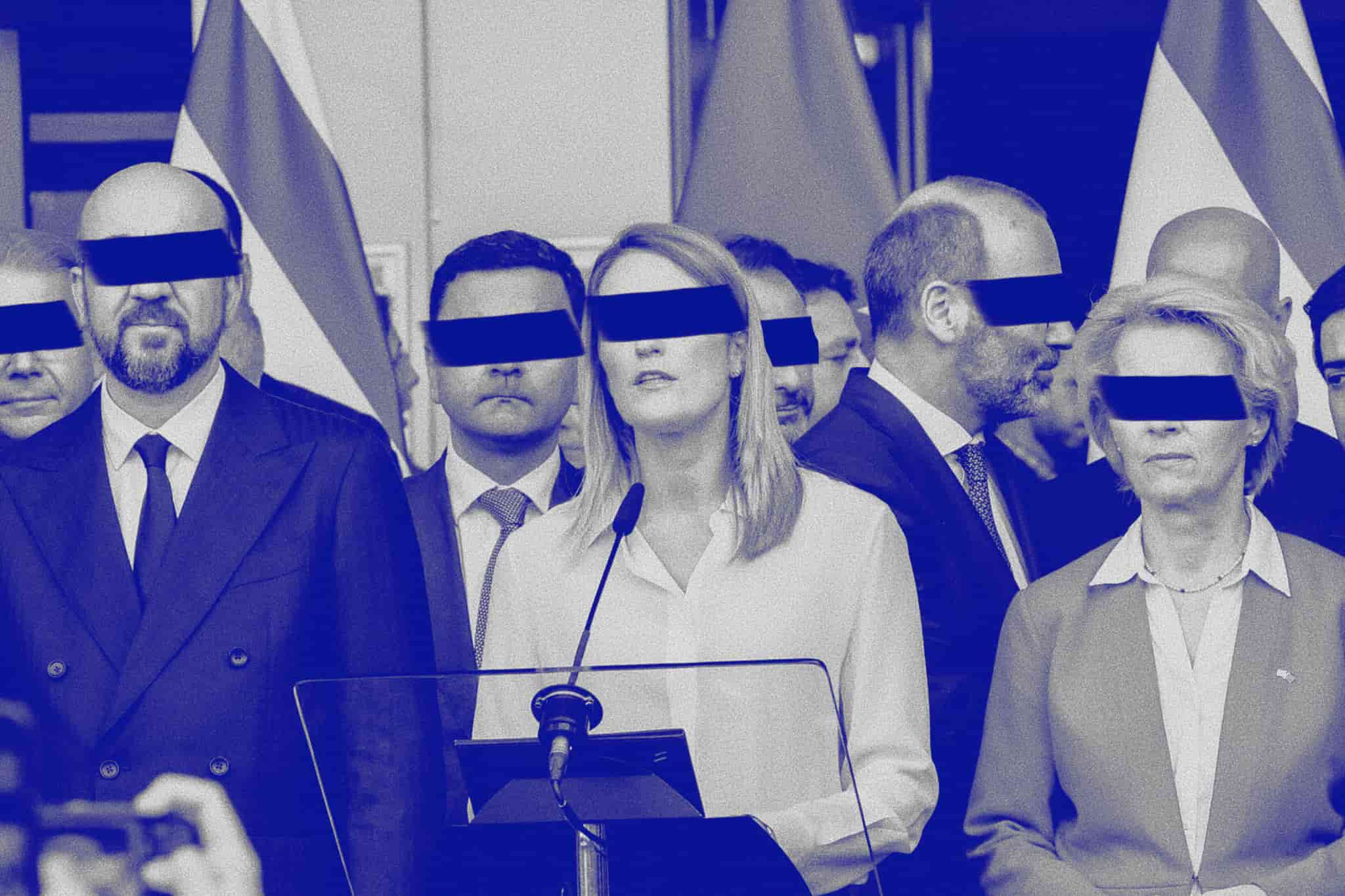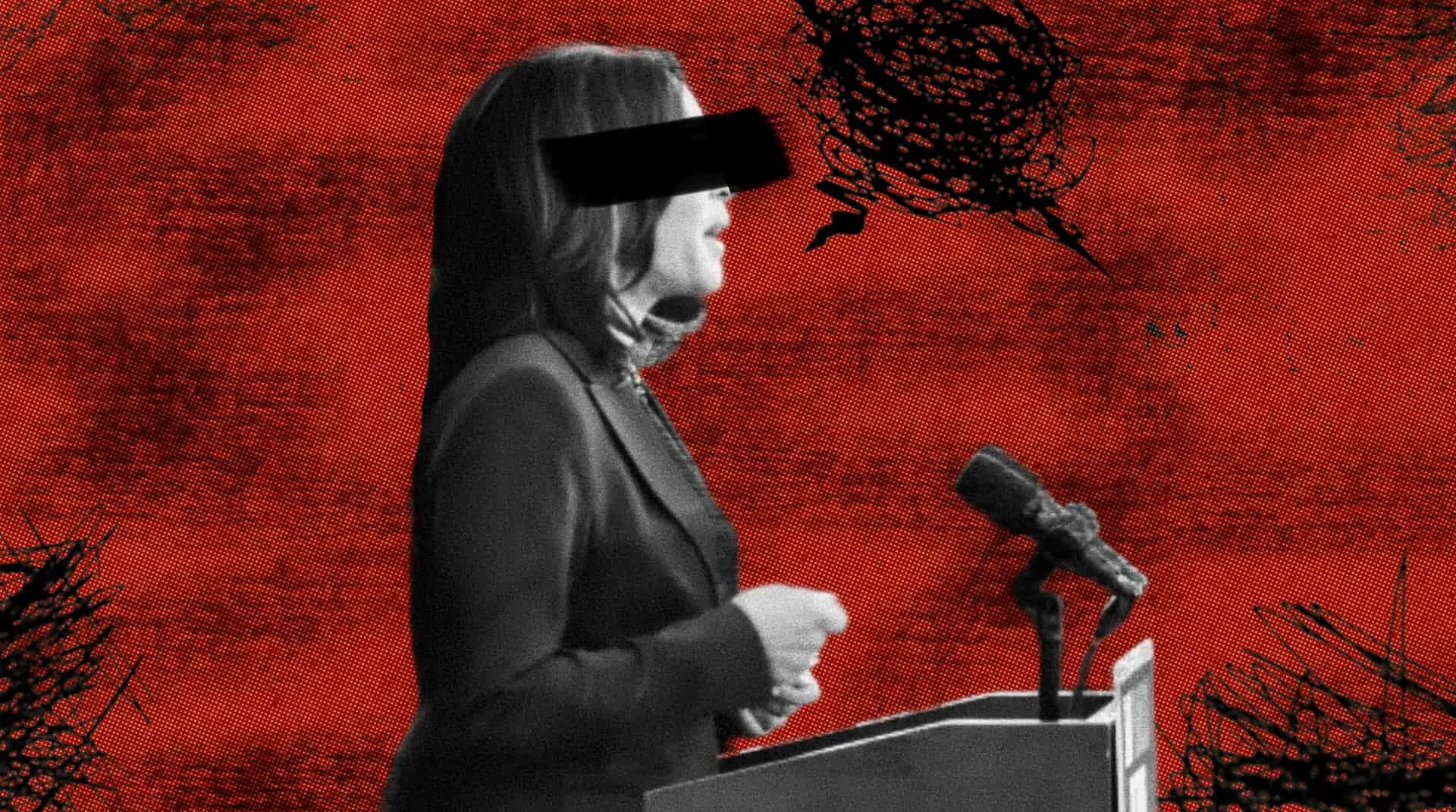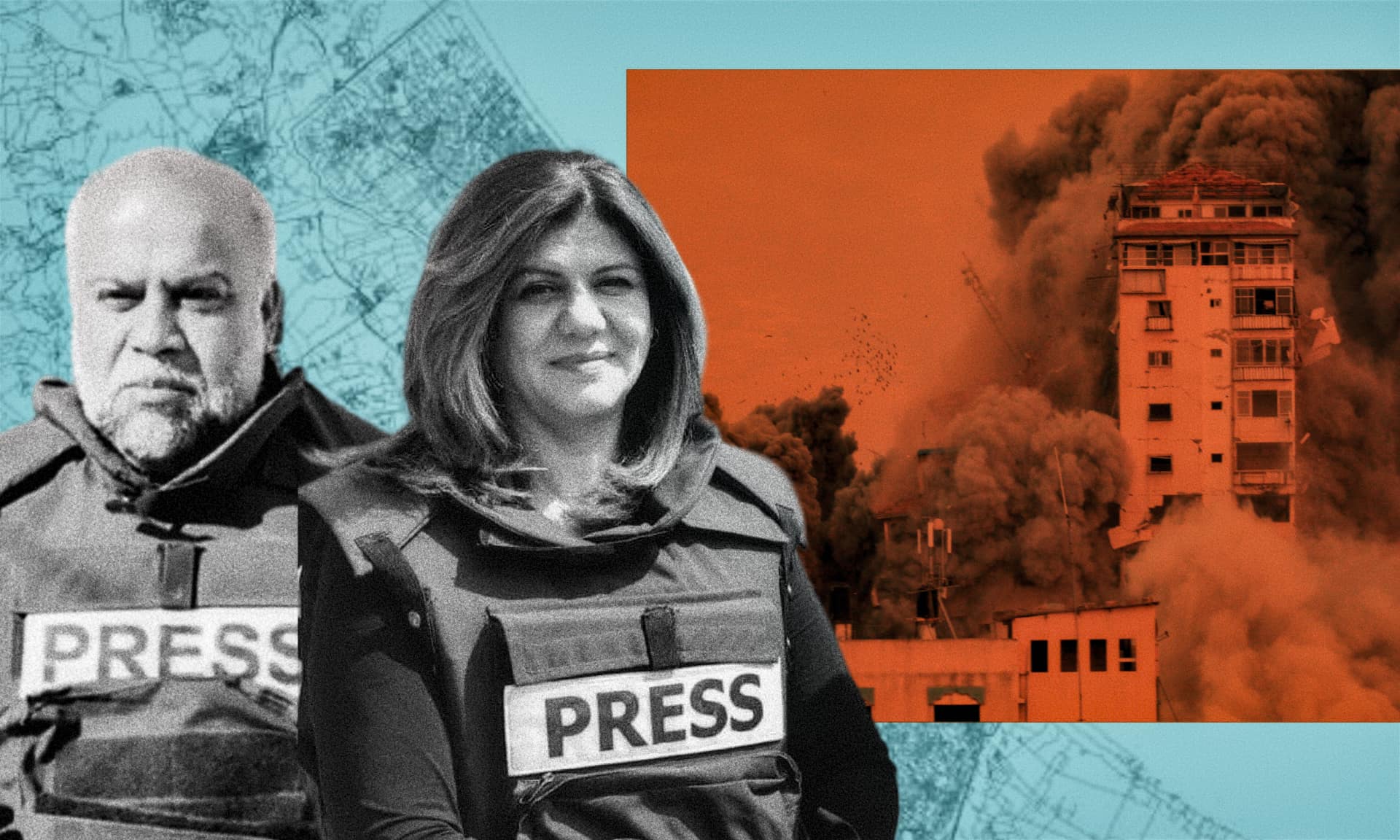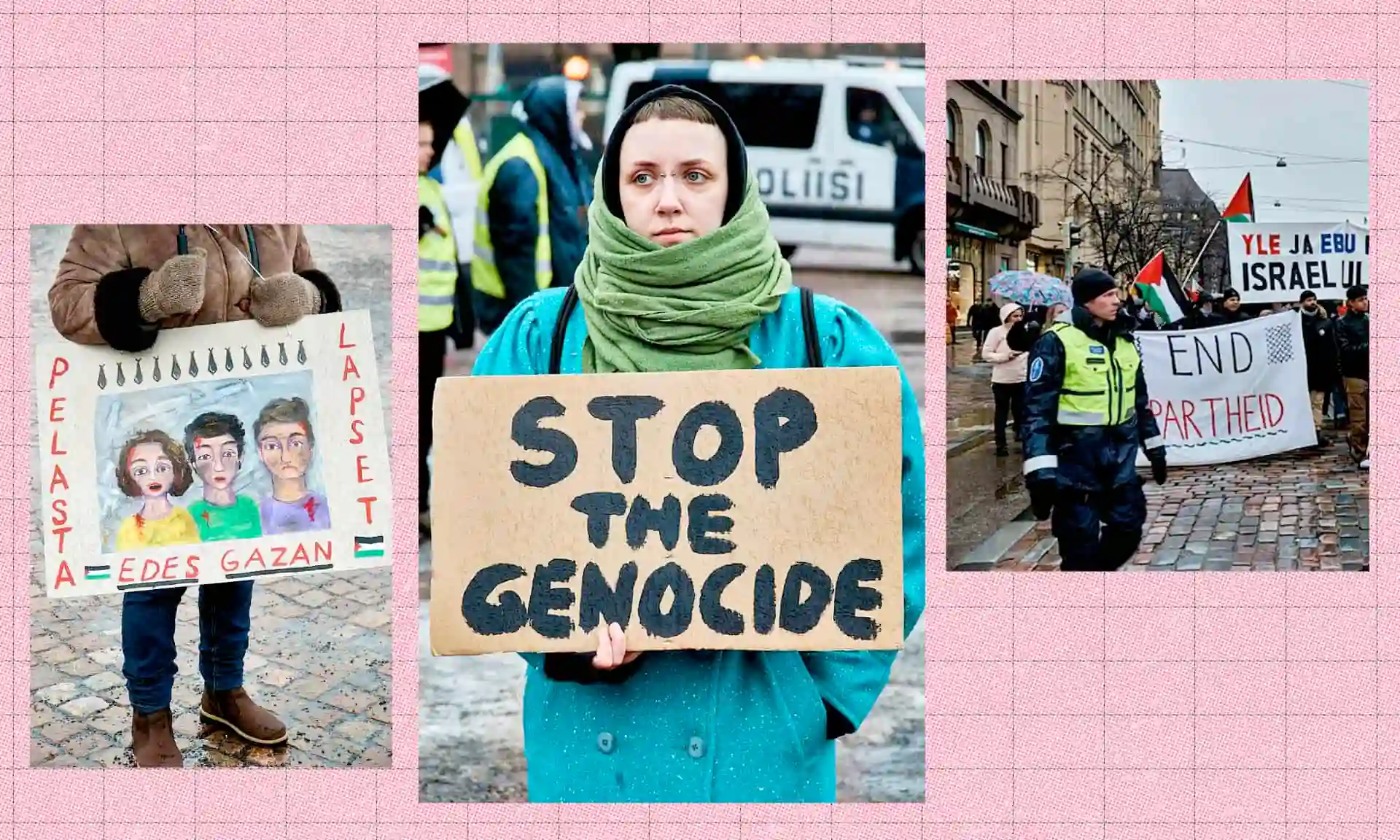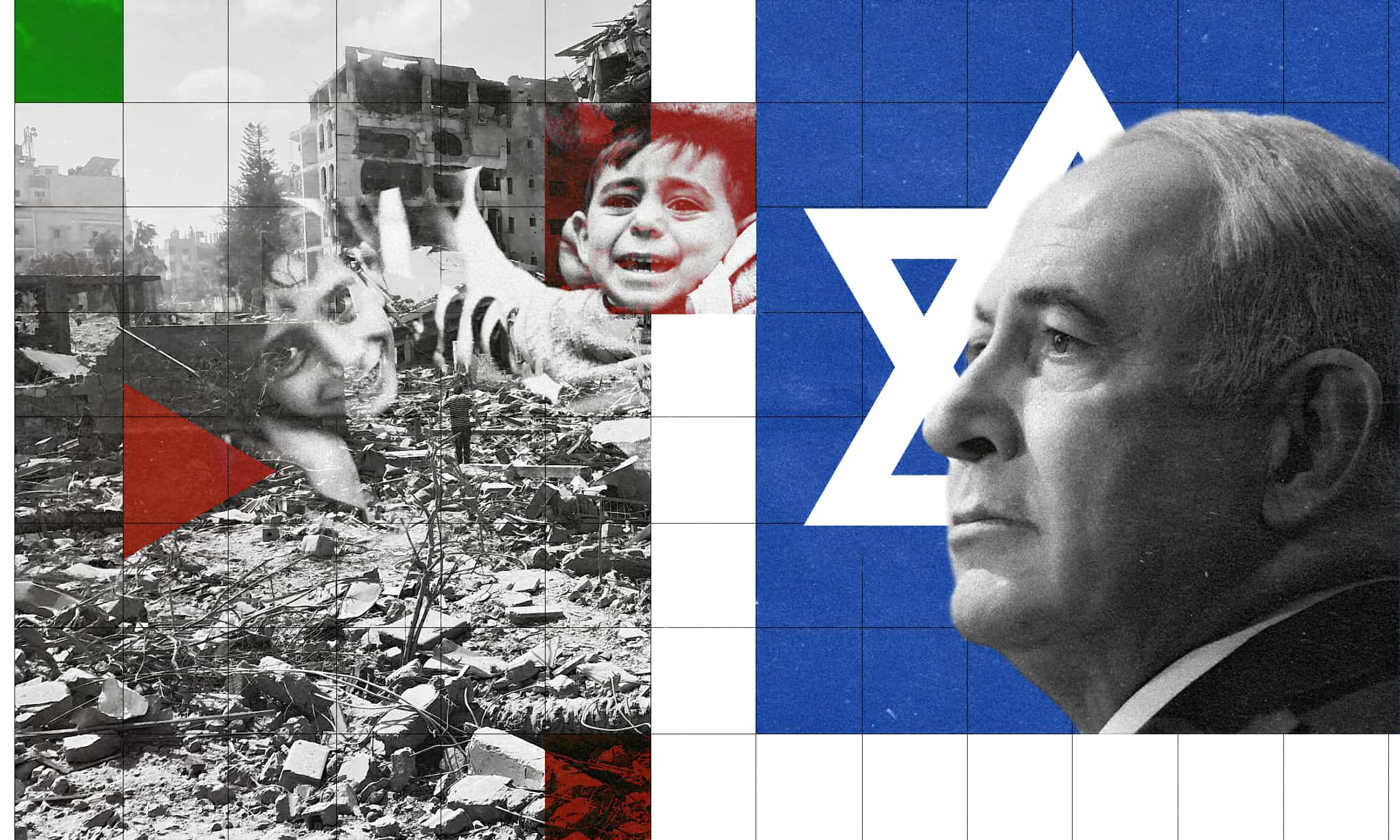The Zionist experiment has failed: it must be abolished
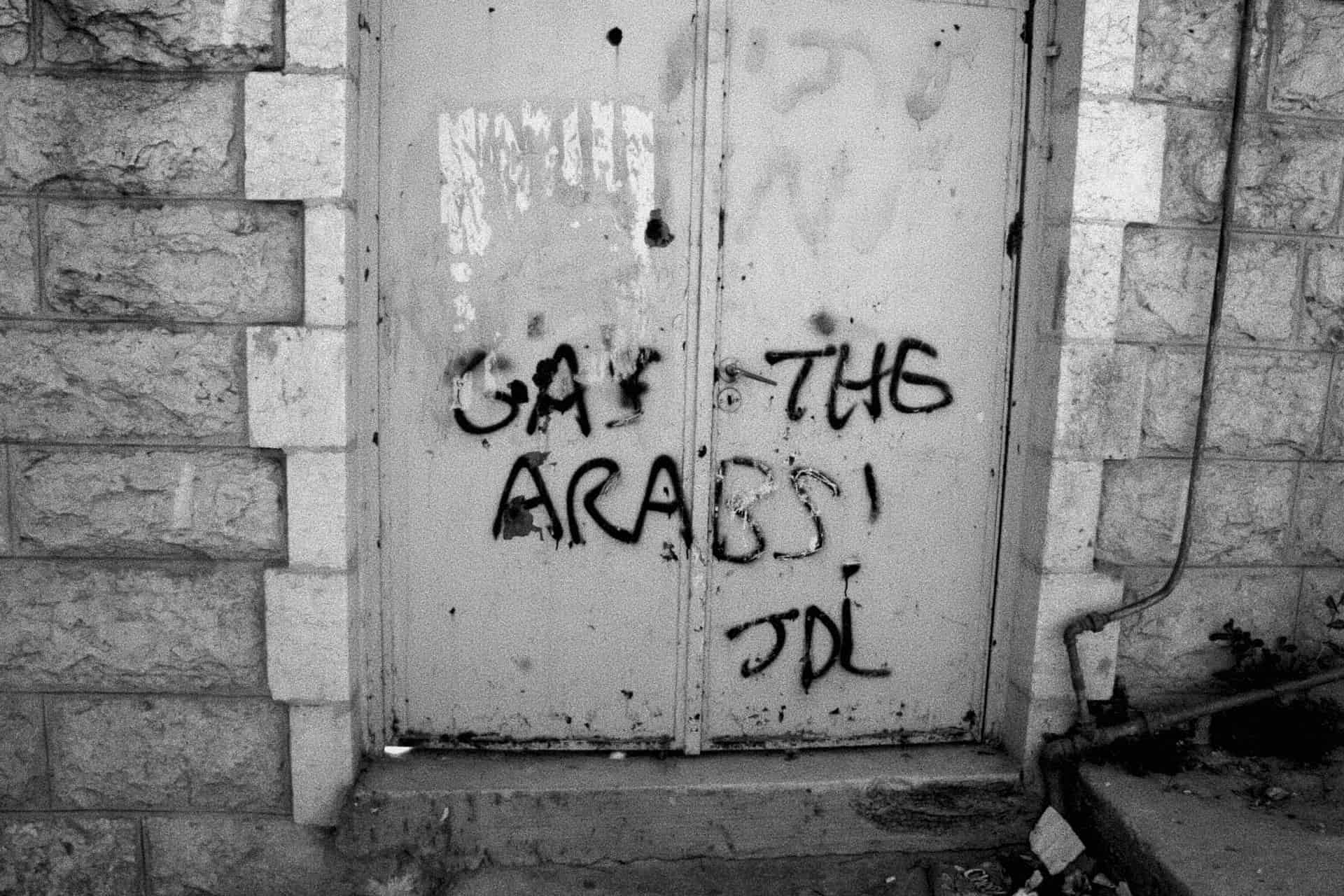
Some ideas are not up for debate. They are autopsies. You do not reason with a tumor; you remove it. Zionism, as a political project, is that malignancy, and the state of Israel its grotesque outgrowth. To advocate for a “two-state solution”—a partition of historic Palestine that enshrines an explicitly Jewish ethno-state—is no longer just a failure of imagination. It is moral idiocy: a mumbled incantation over a corpse, serving only to buy the murderers more time.
The sickness was congenital, a flaw in the code. The ethno-state, an entity built for the preferment of one tribe over another, is a ghost rattling its chains from the bloody 19th century. Its logic is ironclad: any “other” is a demographic contamination to be managed, contained, expelled or, when the final mask slipped, erased.
To pretend, as the West’s coterie of liberal Zionists do, that the problem is merely Benjamin Netanyahu and his gang of overtly messianic fanatics, is a cowardly and pathetic alibi. This is the man Israel has elected for all but a single year since 2009. The notion that his genocidal policies are an aberration, unrepresentative of the society that repeatedly empowers him, is a grim fantasy. He is not the sickness; he is its most honest symptom, the face a society has chosen to show the world. He is the monster they cannot disown because he is the creature their ideology was always destined to produce.
One need not even consult the blood-soaked annals of history, for the crime is not a distant echo; it is a live feed of crime after crime. This is not the Nakba or Sabra and Shatila—those were rehearsals. This is the premiere. The daily ritual of witnessing has become a form of torture in itself. To watch Gaza is to see skeletal children, their bones like razors beneath the skin from engineered starvation, queuing for a cup of foul water or a handful of animal feed. And then to watch Israeli and American snipers, operating under the guise of what is without irony called the “Gaza Humanitarian Foundation”, track them down. To see countless small bodies drop.
This is not the work of a few bad apples; it is the methodical output of a citizenry in arms. The young man who pulls that trigger is the son of a friend’s friend in Tel Aviv, the boy from down the street in Haifa. These are a society’s sons, carrying out a society’s will—a society whose parliament has debated granting soldiers the right to rape Palestinians, and which, as if the 20-year open-air prison of Gaza were not enough, now openly considers herding the survivors into an even smaller concentration camp—though they prefer to call it a “humanitarian city”.
An ideology this potent does not remain an abstraction. It seeps into the soil and poisons the well, and the polling data is merely the toxicology report. 82% of Jewish Israelis, according to a survey from Pennsylvania State University, support the ethnic cleansing of Palestinians from Gaza. The figure for cleansing Palestinians who live as “citizens” inside Israel is 56%, climbing to a terrifying 66% amongst those under 40. This is the confession scribbled in plain sight. In any given city, six of every ten Jewish neighbours want their Palestinian neighbours gone. Nearly half—47 percent—believe their army should act as the Israelites did in Jericho, slaughtering every inhabitant of a conquered city. The fever of a genocidal imaginary has broken. The final question—“If we can get rid of all of them, why not?”—is no longer a fringe opinion.
There is no way to live in another’s home, on another’s land, while destroying another’s world, without this deep-rooted, soul-rotting dehumanisation. A society so profoundly and deliberately sickened cannot be healed by a new election. It must be dissolved and reconstituted from first principles: secular, universal and sane.
So what should rise from the rubble of this failed experiment? Despite the fear mongering, for the Israeli Jew, abolition of a racist state is not annihilation. It is the right thing to do. It is the chance to finally shed the soul-corroding identity of the colonial master and assume the simple dignity of an equal citizen. It is the opportunity to trade the brittle security of an F-16 and an apartheid wall for the earned security of a neighbour in a pluralist society governed by consent. To the supremacist mind, equality feels like oppression. To a healthy human being, it is the only ground on which a decent life can be built.
And for the Palestinians, who are now asked to build a future with their jailers the demand is breathtaking, almost obscene in its enormity. The revulsion is righteous. But the alternatives form a triptych of graveyards: the literal graveyard, where their bodies are buried; the political graveyard, in which they are offered a fractured pseudo-state devoid of real autonomy; and the slow-motion graveyard, where they are left to endure a perpetual, hopeless struggle. The call for one state is not naive forgiveness. It is a form of ultimate reclamation. It is the decolonisation of the entire map, transforming the oppressor’s structures into the architecture of a new, egalitarian reality where they would stand as powerful and equal citizens.
This is a practical political programme. And the campaign must be a multi-front assault on the legitimacy of the apartheid and genocide state. As the UN Special Rapporteur Francesca Albanese detailed in her report, “Anatomy of a Genocide,” this is an economy of violence. “While political leaders and governments shirk their obligations, far too many corporate entities have profited from Israel’s economy of illegal occupation, apartheid and now, genocide.”
Therefore, the assault must be a global Boycott, Divestment and Sanctions (BDS) movement that treats Israel as the pariah it has always been. It means targeting the corporate architecture of the crime—HP, Amazon, Google, Siemens, Elbit Systems—and pursuing an academic and cultural boycott that refuses to let Israeli institutions launder their blood money on the world stage. But this cannot stop at institutions. If this is a crime of a society, its members must not be granted safe passage from moral inquiry.
The confrontation is not a blanket condemnation, but a demand for clarity. It is a tool to force a choice, to separate the complicit from the courageous few—those men and women of integrity, who march against their own state’s machinery of death. Their brave dissent embodies the vital distinction we must all now make: the profound difference between being Jewish and being a Zionist. They are the living proof that a 19th-century colonial ideology cannot be allowed to take an ancient faith hostage, a point many Jews of conscience have long insisted upon. For the rest, for the soldiers on their post-army trips and the citizens who cheer them on, there can be no more comfortable holidays, no polite conversations. Let there be no peace for the agents and apologists of this extermination, wherever they are.
This new republic cannot be founded on a handshake and a forgetful amnesty. Justice demands reparations—not just money, but the unconditional right of return for every Palestinian refugee and their descendants, a right enshrined in international law (c.f. the 1948 Resolution 194). It demands the forcible reclamation of every illegal settlement, those criminal enterprises on stolen land, and the repurposing of their assets to rebuild what was destroyed. And justice demands a reckoning. A new Nuremberg for a new century.
One day, as the writer Omar El Akkad writes, “everyone will have always been against this.” We must not grant them the comfort of that lie. A generation of criminals must face their day in court: the generals who gave the orders, the soldiers who pulled the triggers, the politicians who preached extermination, the tech executives whose cloud services enabled the targeting of families, and the editors of liberal newspapers who knowingly laundered state propaganda and called it news. Justice is not revenge. It is the essential surgery that ensures the cancer of this crime does not metastasise again.
Let us be clear-eyed about what this moment demands of us. We see the bodies of children, the hollowed faces of starving parents, the obscene glee of the perpetrators. To witness this is to feel a rage that is both primal and profoundly moral. This rage is a debt owed to the dead and the dying. It cannot be allowed to dissipate into the ether of helpless scrolling or be tranquilised by despair. It must be forged into a political weapon. It must be focused with the intensity of the sun, channelled into relentless pressure, into furious debate, into the unceasing work of action.
The task, then, is to dismantle not just a regime, but the entire ideological scaffolding that holds it aloft; to make the very idea of a supremacist ethno-state as obscene to this century as slavery was to the last.
This struggle is not about borders or flags. It is reckoning with an idea—the obscene notion that some lives are worth more than others. What is at stake is not just a strip of land, but the moral architecture of our time. The work is hard, the hour is late, and the enemies are many. But justice is not a sentiment—it is a demand. And though it comes slowly, grindingly, against every resistance, it comes. It will come.
Support me: Donate an hour’s wage monthly—or what you can.
Copyright: All rights reserved. Contact for reuse
Author: Ariana Yekrangi
Published: July 15, 2025
